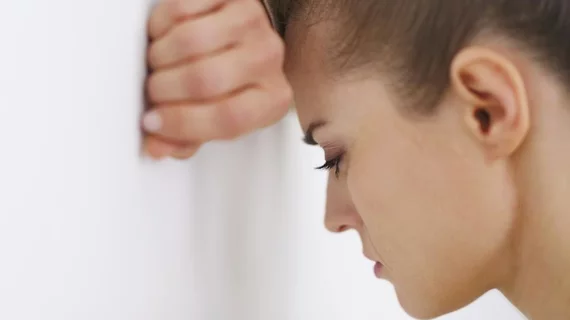Happiness outside of work has plummeted among cardiologists in the past year, according to a new analysis from Medscape. What are specialists doing to try and combat these COVID-19-related struggles?
The new Medscape Cardiologist Lifestyle, Happiness & Burnout Report details how cardiologists are feeling after a rollercoaster 2020. The 29-page document focuses on burnout, but saves plenty of time to examine other key topics as well. Data was collected from Aug. 30 to Nov. 5, 2020, with the use of 10-minute online surveys.
Back in January, Medscape published its full 2021 report on physician burnout across all healthcare specialties. This newest report takes a more in-depth look at cardiologists specifically.
One of the report’s key findings was that happiness outside of work has dropped significantly in the wake of the COVID-19 pandemic. While 80% of cardiologists reported that they were “somewhat happy” or “very happy” before COVID-19 upended the U.S. healthcare system, that number was just 55% after the pandemic had started.
Just a handful of specialties reported less happiness outside of work than cardiologists—the percentages ranged from 73% to 45%.
One surprising number from the Medscape report is that burnout among cardiologists was 43%, a slight improvement compared to the previous year’s 44%. It’s unclear why happiness outside of work dropped so far and burnout did not—but 84% of cardiologists experiencing burnout did say that their feelings began before the COVID-19 pandemic.
What is causing these feelings of burnout? Medscape asked respondents that very question.
“About half of cardiologists who reported burnout pointed to the growing number of bureaucratic tasks as the leading contributor; a similar proportion said a lack of respect from colleagues in the workplace is a factor,” according to the report.
Another key finding is that a majority (56%) of cardiologists combat their feelings of burnout with exercise. Isolation from others, playing/listening to music and communicating with family and friends were other popular answers.
Of course, seeking help from a professional is another option for cardiologists looking to recover from these feelings. Many specialists are choosing not to seek outside help, however, with 56% saying they “can deal with this without help from a professional” and 44% saying their symptoms just aren’t severe enough yet. Thirty-one percent of cardiologists who have not asked for outside help said that they are simply too busy.
The report also included other important findings:
- Three out of four cardiologists reported feeling COVID-19-related anxiety about their future.
- While 45% of cardiologists take three to four weeks of vacation per year, 7% take less than one week to get away and recharge.
- While 88% of cardiologists are currently married, another 2% are living with a partner. The percentage of cardiologists who described their marriages as “very good” or “good” was 86%.
Read the full report here.

